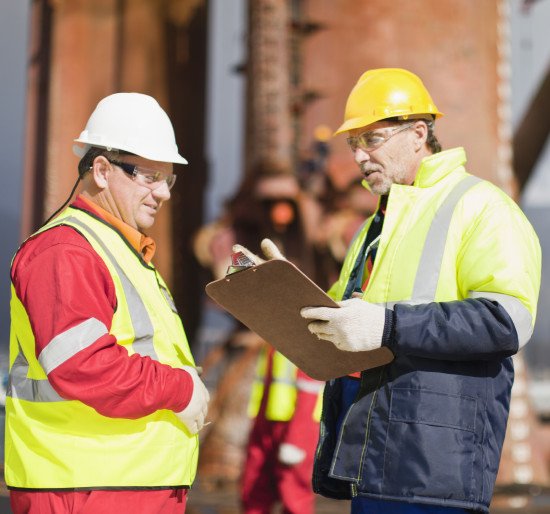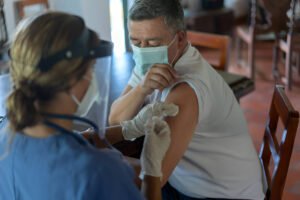The UK has long been recognised as one of the safest countries in the world to work, but the Health and Safety Executive (HSE) has now announced plans to make it the healthiest too.
Speaking at yesterday’s HSE’s 2025 Annual General Meeting, chief executive Sarah Albon said the shift marks a natural progression for the regulator, which is placing greater emphasis on preventing work-related ill health.
Albon said: “Great Britain has become one of the safest places in the world to work. That success hasn’t happened by accident.”
She acknowledged the country’s strong regulatory foundations, crediting proportional enforcement, targeted regulation, science, and industry partnerships as key contributors.
Now, as HSE enters the fourth year of its 10-year strategy, the focus is expanding.
Albon said: “Our approach aims to make Britain one of the healthiest countries in the world to work in as well as one of the safest.”
This renewed ambition comes as HSE confronts stark statistics: 1.7 million people in Britain are affected by work-related illness, costing society an estimated £14.5b annually.
Chronic respiratory problems, noise-induced hearing loss, and musculoskeletal disorders affect tens of thousands of workers each year, while mental ill health and work-related stress account for nearly half of all reported cases.
As part of the response, HSE has launched a prevention programme aimed at embedding long-term change across key industries including construction, manufacturing and utilities.
The initiative brings together over 70 industry leaders who have already committed to sharing best practice and taking sector-specific action to improve health outcomes.
Targeted inspections remain a central tool in HSE’s strategy, particularly those focusing on risks such as asbestos, noise, and silica dust.
Surveillance compliance checks are also being stepped up. In the past year, HSE completed nearly 3,000 assessments of musculoskeletal risks and over 1,700 on noise controls.
Albon emphasised that HSE’s work on stress and mental health is expanding. New research programmes are underway to better understand causes and interventions, and HSE’s Working Minds campaign continues to engage thousands of employers and workers.
Director of engagement and policy Rick Brunt acknowledged that while HSE does not currently regulate work-related suicide directly, stress management remains a priority.
Brunt added that the HSE wants to better understand the issue, and that efforts are focused on identifying and mitigating risk factors before harm occurs.
The regulator’s evolving mission reflects the modern world of work, which increasingly demands a broader view of employee wellbeing.
Albon concluded that partnership remains central to success.
She said: “It will be what enables us to maintain this record as we go forward.”
HSE’s strategic shift has been welcomed by stakeholders across unions, industry and healthcare, who continue to call for greater emphasis on leadership, culture and accountability in workplace health.






